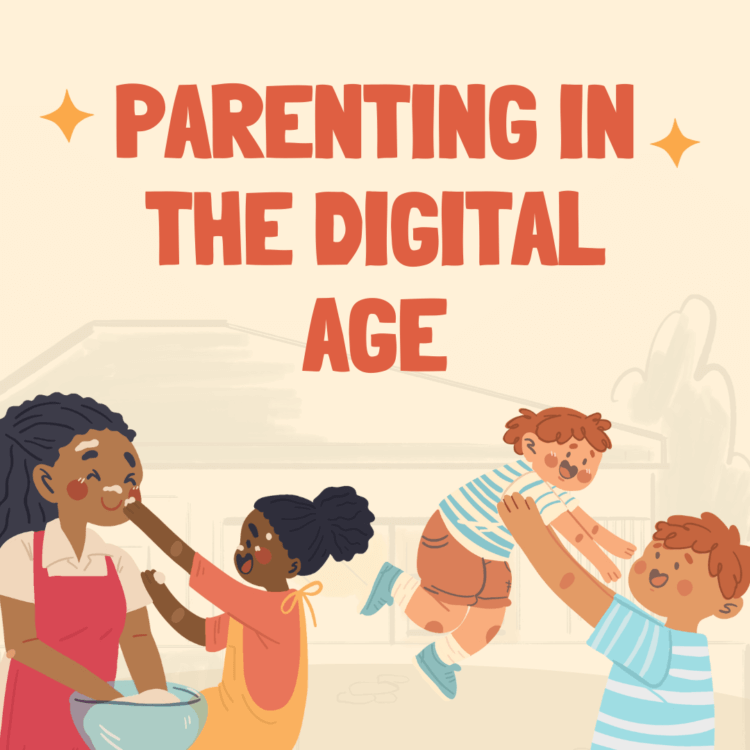Early Education about Technology:
Start early with age-appropriate discussions about technology, its uses, and potential risks.
Teach children about responsible online behavior, including the importance of privacy, kindness, and respectful communication.
Establish Clear Rules and Boundaries:
Set guidelines for screen time, ensuring a balance between online and offline activities.
Define rules regarding the use of specific devices, apps, and websites.
Encourage breaks and physical activities to prevent excessive screen time.
Model Healthy Tech Habits:
Children often learn by example, so demonstrate healthy technology habits.
Be mindful of your own screen time and show how to use technology responsibly.
Monitor Online Activities:
Keep an eye on the content your children are accessing, especially for younger kids.
Use parental controls and privacy settings to create a safe online environment.
Establish open communication, so children feel comfortable discussing their online experiences with you.
Teach Critical Thinking and Digital Literacy:
Help children develop critical thinking skills to evaluate online content for accuracy and reliability.
Promote digital literacy by teaching them how to navigate the internet responsibly and distinguish between credible and unreliable sources.
Cybersecurity and Online Safety:
Educate children about the importance of online safety, including the risks of sharing personal information.
Teach them about the potential consequences of cyberbullying and the importance of reporting inappropriate behavior.
Encourage Positive Online Interactions:
Emphasize the importance of positive and respectful communication online.
Encourage children to participate in online communities that align with their interests in a constructive and safe manner.
Stay Informed about New Technologies:
Keep yourself informed about the latest technologies and digital trends.
Stay up-to-date on the apps and games your children are using.










No Comments
Leave Comment